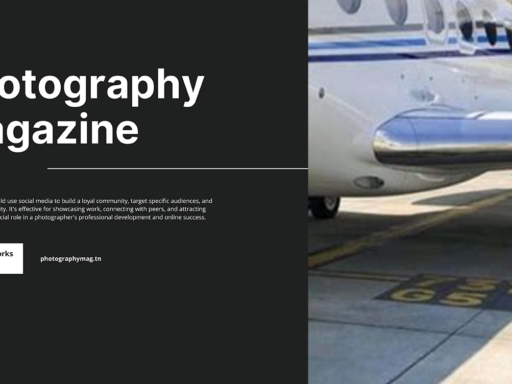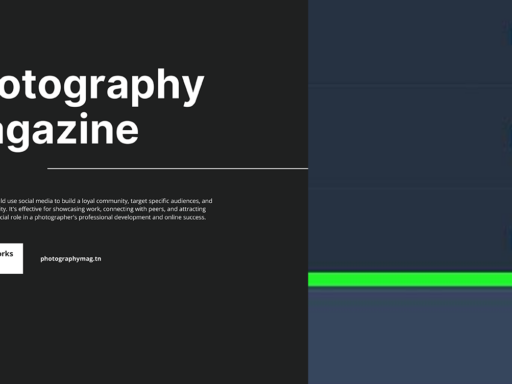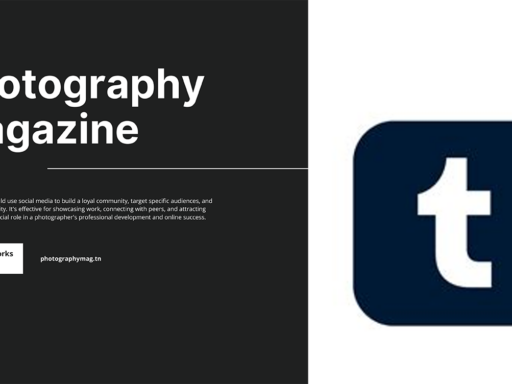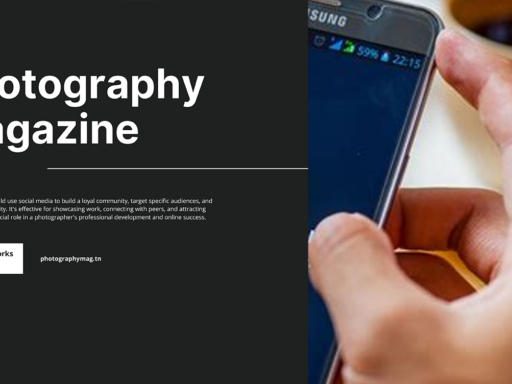Ah, Tumblr! The quirky little corner of the internet that conjures up nostalgia even for those who only skimmed through it. Let’s take a moment to dissect how this whimsically chaotic platform has stealthily shaped society in ways we might not fully appreciate until we start scrolling through our own social media feeds. As they say, “You don’t know what you’ve got ‘til it’s gone,” but we’re still kind of enjoying the aftermath.
In the grand symphony of online culture, Tumblr plays the role of the flamboyant soloist who lightens the mood with a dash of drama and a sprinkle of irony. It became an incubator for a unique internet subculture that birthed memes, fandoms, and even social justice movements, transforming how we communicate and engage with ideas. Remember when you’d scroll through endless images of cute animals merged with deep philosophical quotes? Yep, Tumblr had that covered, and now the rest of the internet simply follows suit.
One fundamental way Tumblr has impacted society is through the proliferation of distinct microcultures. It wasn’t just a place for sharing poems about existential dread or reblogging the latest hot actors—the platform gave voice to underrepresented groups. With tags like #BlackExcellence, #QueerHistory, and #MentalHealthJourney, users built communities that didn’t just connect people; they validated experiences and fostered solidarity. Say goodbye to suffering in silence, because if that wasn’t a mood before, it definitely is now.
Ever heard of “The Tumblr Aesthetic”? Well, get ready for a full-on existential crisis. This phenomenon has inspired a wave of creative expression that seeped into mainstream art and fashion. Whether it’s pastel colors reminiscent of an overly sweet dessert or dark themes that look like they came out of a Tim Burton movie, Tumblr aesthetics have influenced photography, design, and even social media identity. That’s right! Your favorite influencer’s perfectly curated Instagram grid probably has a sprinkle of that Tumblr magic hidden in there.
Next up, let’s dive into the world of activism. This platform didn’t shy away from serious conversations, often using its vast reach to spark movements. Issues ranging from LGBTQ+ rights to mental health awareness gained momentum thanks to passionate users who shared personal stories and ignited discussions. Surprisingly powerful, right? Tumblr changed the narrative by showing everyone that activism could reside in snippets of text, vibrantly colored GIFs, or even a cheeky meme. Let’s be real: who knew those posts about systemic oppression would resonate in the same space as cat videos?
And if all that isn’t enough to make you raise an eyebrow, let’s not forget how Tumblr practically invented “the fandom.” Long before Twitter threads dissected every scene of a film to bits, Tumblr was the place for ship wars, fan fiction, and online conventions—we’re talking fanatical levels of fandom! This breeding ground for creativity allowed individuals to reimagine their favorite characters and plotlines, creating an entirely new layer of engagement with literature, movies, and TV shows.
So, there you have it. Tumblr, with its delightful chaos and unfiltered creativity, has reshaped the societal landscape in ways that ripple through everything we do online today. It combined creativity with community, and as we navigate the vast digital sea, we unknowingly carry bits of Tumblr with us. Whether we’re sharing quirky memes or engaging in deep discussions about identity and culture, it’s hard to deny that the essence of Tumblr—messy, diverse, and unapologetic—still influences everything under the sun. Who knew a little blogging platform could hold such immense power?





